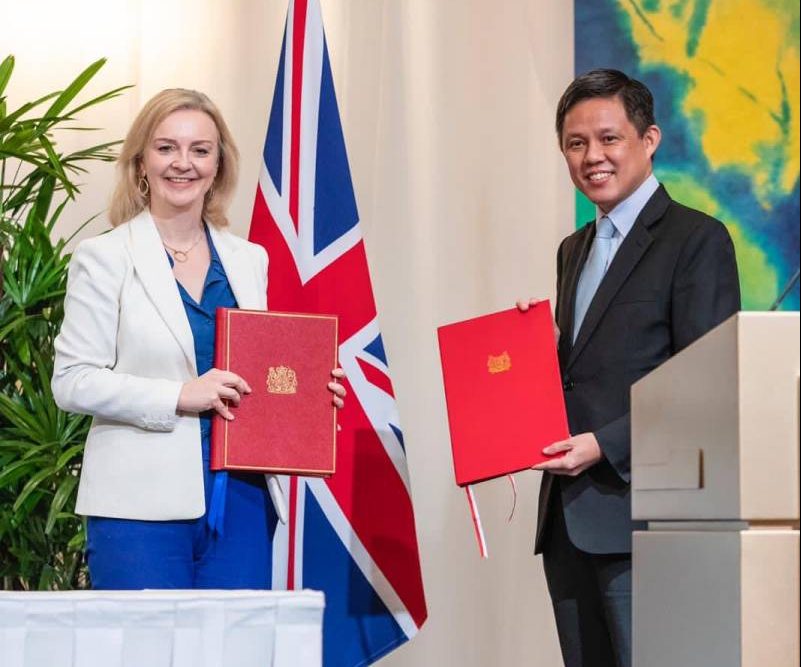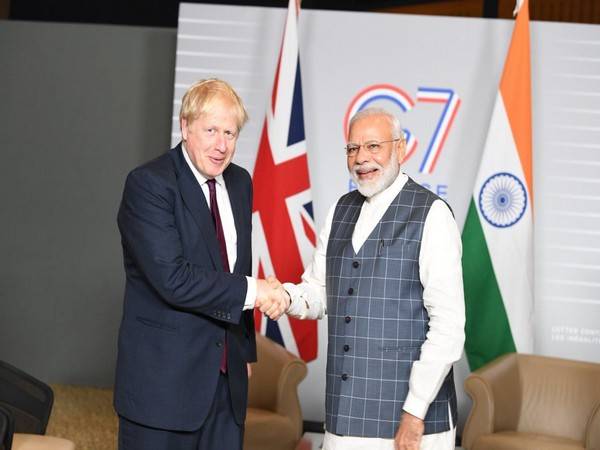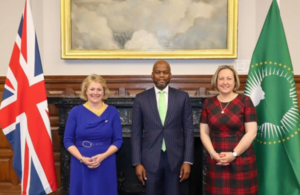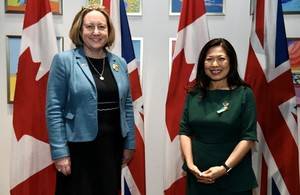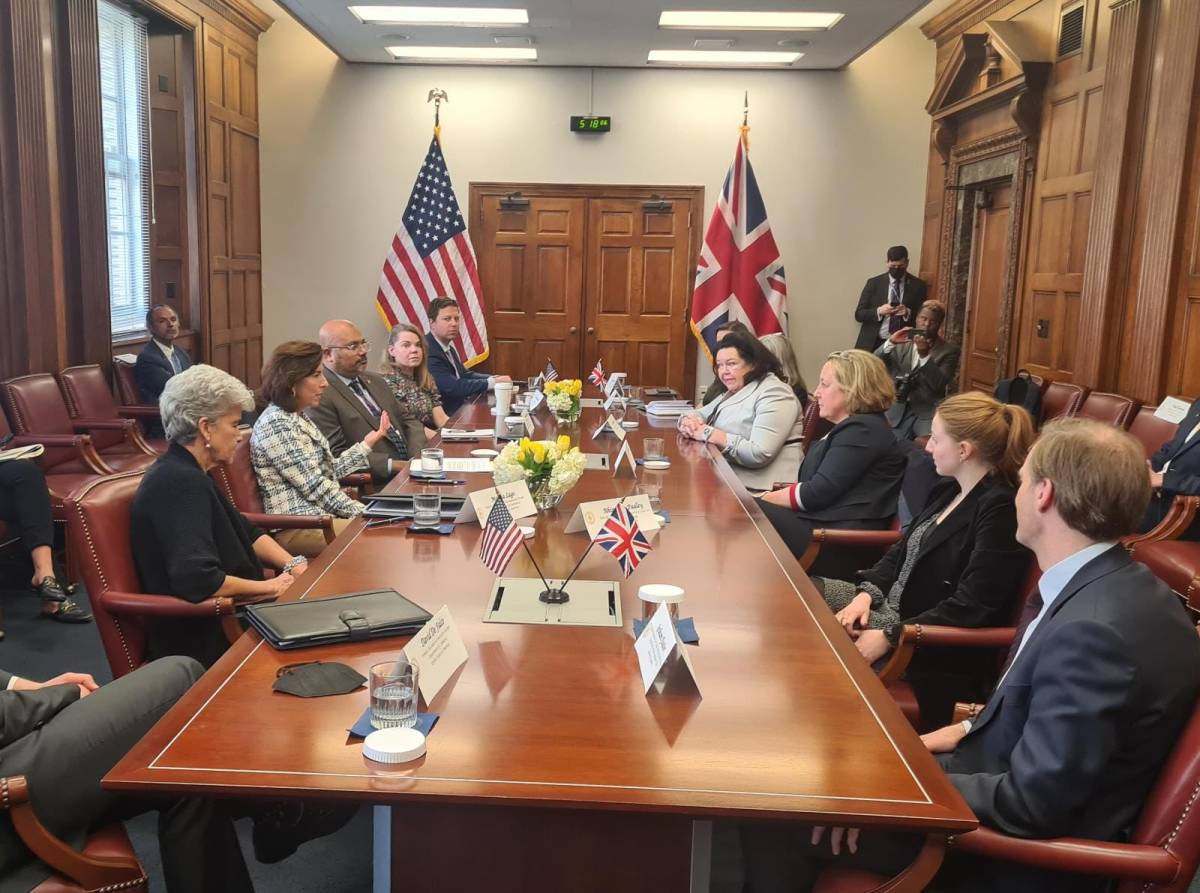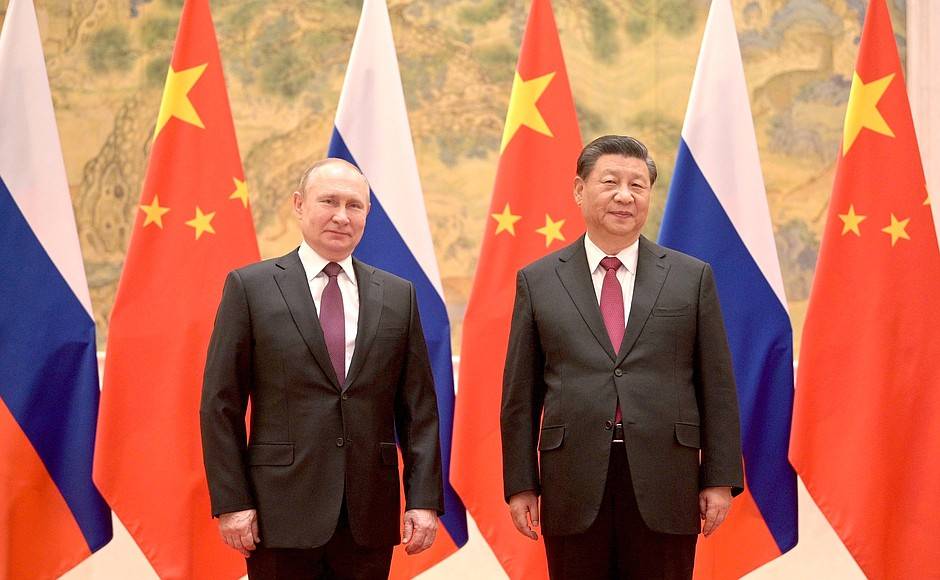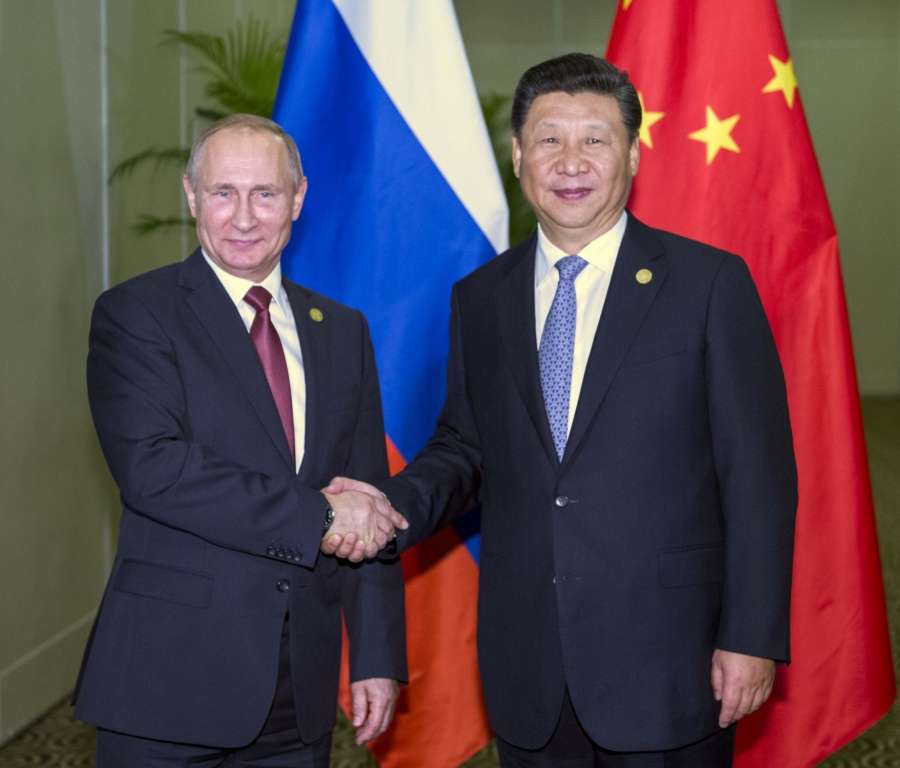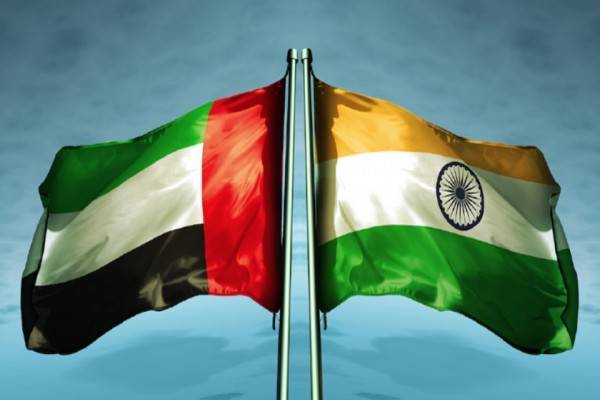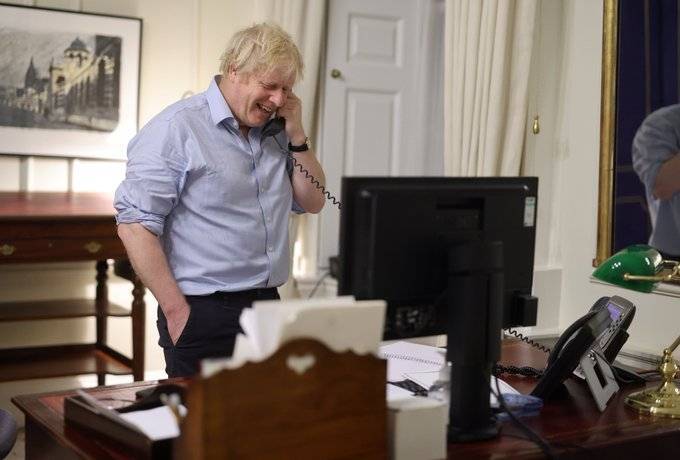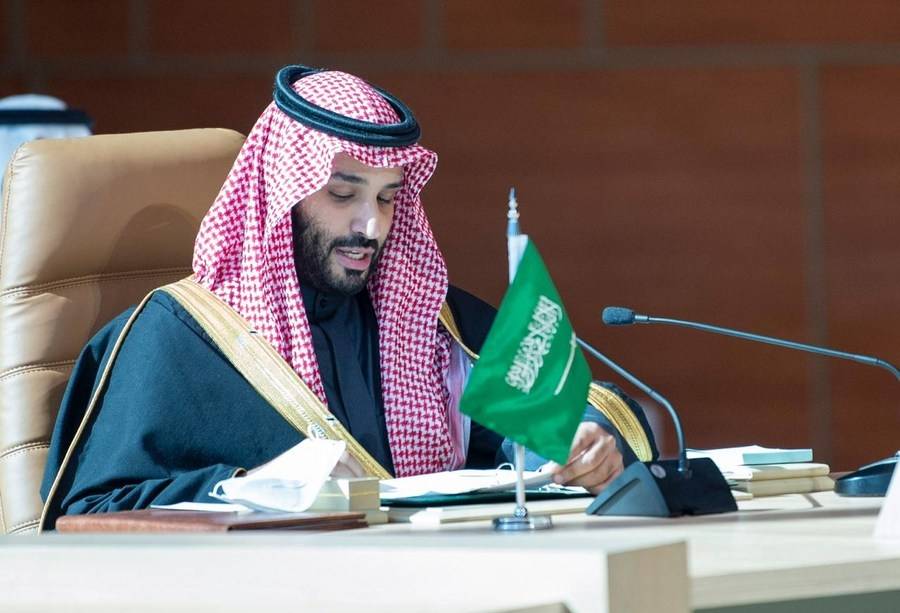The new UK-Singapore Digital Economy Agreement comes into force today, deepening ties between Asia and the UK on tech and digital trade…reports Asian Lite News
The UK is marking a major digital trade milestone today as high-tech companies from around the world gather at London Tech Week.
The new UK-Singapore Digital Economy Agreement comes into force today, deepening ties between Asia and the UK on tech and digital trade.
This means that businesses across the whole of the UK can start taking advantage of the trade agreement, which was signed by the International Trade Secretary in Singapore in February.
The deal will grant UK businesses greater access to Singapore’s digital markets and cut red tape for UK goods exporters, streamlining cumbersome border processes and replacing time-consuming and costly paperwork with e-signatures and e-contracts, the Department of International Trade said in a statement.
It will also lock-in trusted cross-border data flows, the foundation for today’s modern global digital economy, enabling businesses to trade more easily, cheaply, and quickly, it added.
This week also marks the arrival of the largest ever delegation from the fast-growing Asia Pacific region to London Tech Week. Over 350 business and industry figures are joining to explore the benefits of expanding into the UK, thanks to our business-friendly environment and expertise, as well as to seek out investment and partnership opportunities across the nation.
The UK tech sector was valued this year at $1trillion (£764bn). According to new research from Tech Nation, the UK is fourth in the world for tech investment at £32.6bn, having achieved a record year in 2021. Tech plays a significant role as a driver for jobs and economic growth up and down the country. Last year, tech vacancies made up 12% of all available jobs in the UK , with just over 50% of these jobs available outside of London and the South East.
“The UK is one of the leading destinations for foreign investment in Europe, and the third highest investment destination in the world,” said Minister for Investment Lord Grimstone.
“As we continue to strike trade deals with countries and blocs alike across the world, we are poised to unlock the full potential of the tech businesses who choose to base themselves here, providing a platform for global growth.”
Her Majesty’s Trade Commissioner for Asia Pacific Natalie Black CBE said: “Our Asia Pacific Digital Trade Network is the first of its type in the world. Working with Tech Nation, it helps UK tech companies realise their potential in this increasingly important region.

“In the past two years, we have worked with over 300 businesses on their expansion into the growing Asia Pacific market and I am excited to see the UK tech sector thrive in this region in the years ahead.”
This is the latest demonstration of UK’s Indo-Pacific tilt in action – enhancing ties between the UK and some of the world’s fastest growing markets.
Later this year the UK hopes to secure accession to join the Comprehensive and Progressive Agreement for Trans-Pacific Partnership (CPTPP) – a trade bloc worth almost £9 trillion, putting the UK at the heart of a dynamic group of countries as the world economy increasingly centres on the Pacific region.

